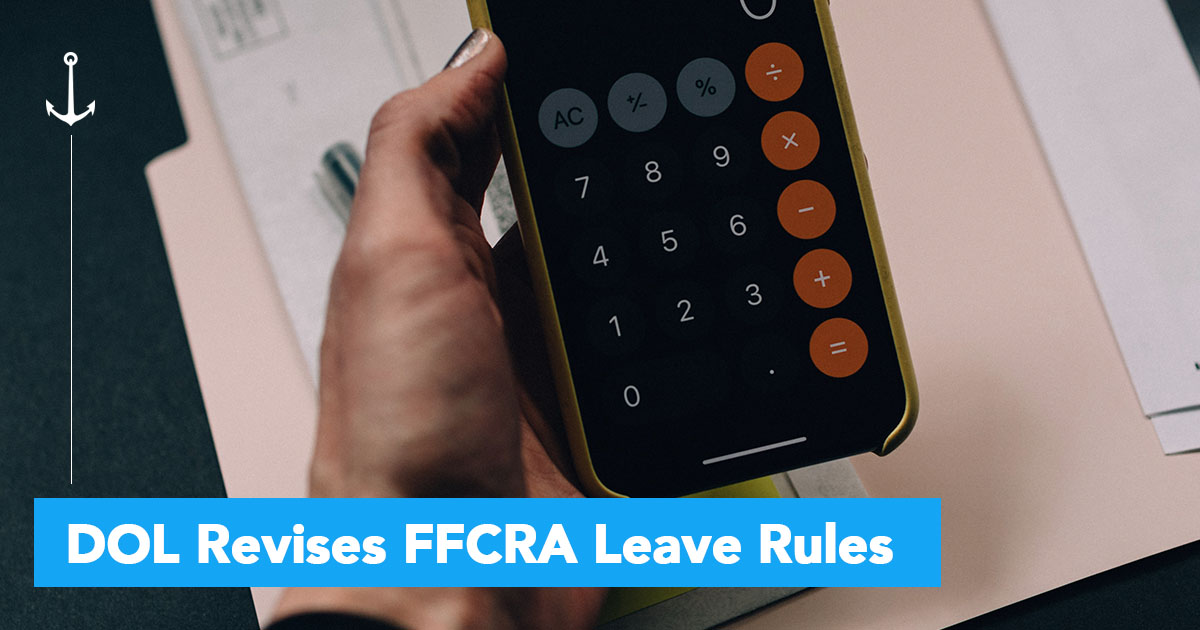When completing performance reviews, psychologists and researchers alike agree that managers naturally exhibit bias in the ratings. To be fair and objective, a performance evaluation must be based on the employee’s job-related behavior, not on the employee’s personal traits, work situation, or other factors unrelated to employee performance. While subjectivity and partiality will never be completely removed from the process, it is important to keep some of our most common prejudices in mind when completing performance reviews.
Do You Rate Employees Higher Who Advocate for Your Team?
Topics: leadership, teams, collaboration, employers, employees, hr
Four Ways to Show Employees That You Appreciate Them
How often do you say “thanks” to your team? Daily, occasionally, during an annual review?
Saying thanks and showing appreciation shouldn’t be limited to special occasions. Here are four ways to create a culture of appreciation in your workplace:
Topics: teams, hr, humancapitalmanagement, motivation
A job posting is often the first impression a prospective job applicant has with your organization. It’s important for that impression to be an informative one. Your job postings should convey why someone would want to work for your company, what distinguishes your workplace from others, what’s exciting about your mission and vision, what you have to offer, and what the job is and requires. Here are a few ways to get better results from your job postings:
Topics: leadership, teams, hr, hiring
Everyone experiences grief at some point in their life, and yet for being such a common experience, it’s also one that few of us are fully equipped to navigate when it comes. In part, this is because grief is such an overwhelming and horrible experience. Nothing can prepare you for it. You just have to go through it and get through it. Grief is also a unique experience for each person. Everyone has their own path through its stages, and what helped one person work through their grief may not help another.
Topics: covid_19, covid, leadership, teams
Q: We’ve seen an uptick in complaints from employees. Is this cause for concern?
A: The mere fact that you’re getting more complaints than normal isn’t necessarily something to worry about. The increase in complaints could be a sign that there are now more issues that require your attention, or it could be a sign that your employees are—for some reason—feeling safer speaking to you about their concerns.
Many employers are unaware of state voting leave laws, which we anticipate will be heavily relied upon this year given the challenges presented by the pandemic. Most states require that employers provide at least a few hours off to vote, and many of those require that at least some of that time off be paid. The advance notice that may be required from employees is often minimal, so employers should be prepared to grant last-minute requests to vote.
Topics: teams, employers, hr, humancapitalmanagement
In this 3-minute HR, we will take a brief look at mission, vision and values. We will look at what each of these terms means when we are talking about your organization's goals.
Topics: leadership, teams, Branding, hr
A staffing plan can help you determine the right number of people with the right set of skills to address your business needs. Staff planning is a systematic process that accounts for internal and external changes to help you meet your business objectives.
Topics: leadership, teams, employers, employees, hr, documentation
What You Need to Know Before Disciplining or Terminating an Employee
The prospect of corrective action or termination makes a lot of managers nervous. That’s understandable. For employees, being disciplined or losing their job can be anything from moderately embarrassing to financially devastating, but it’s rarely a happy occasion. For the employers, these actions always come with some risk, and there are plenty of legal danger zones an employer can end up in if corrective action isn’t done properly.
Topics: teams, employers, hr, termination, discipline
In response to a court ruling in early August that invalidated certain regulations by the U.S. Department of Labor (DOL) related to leave under the Families First Coronavirus Response Act, the DOL has released revised regulations. The changes, or lack of changes, are outlined below. The revisions take effect when they are published in the Federal Register, which is scheduled for September 16.












